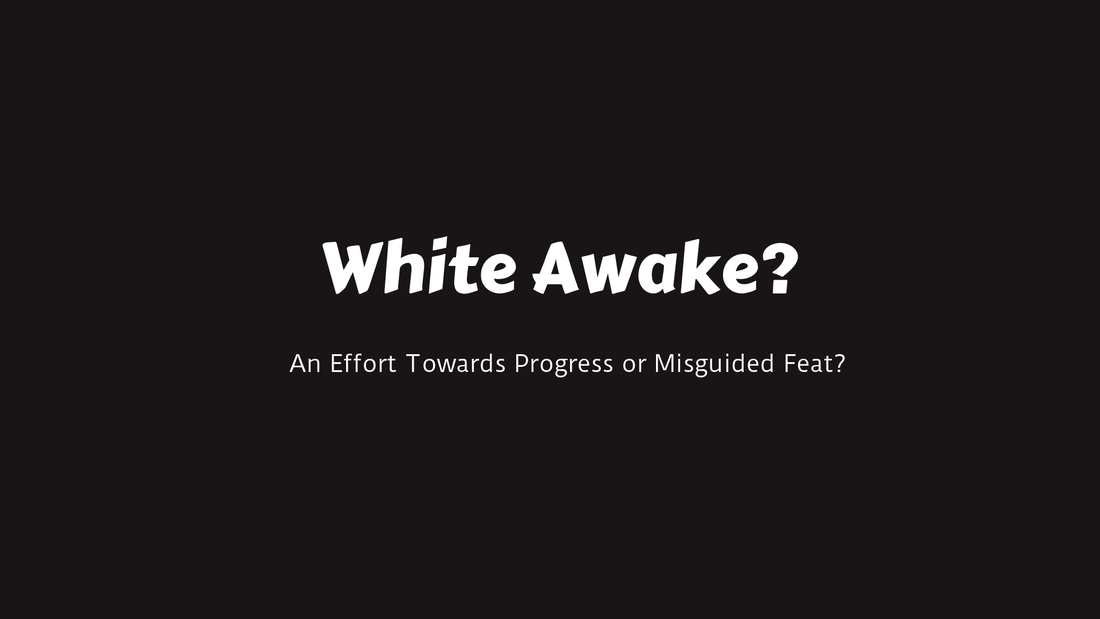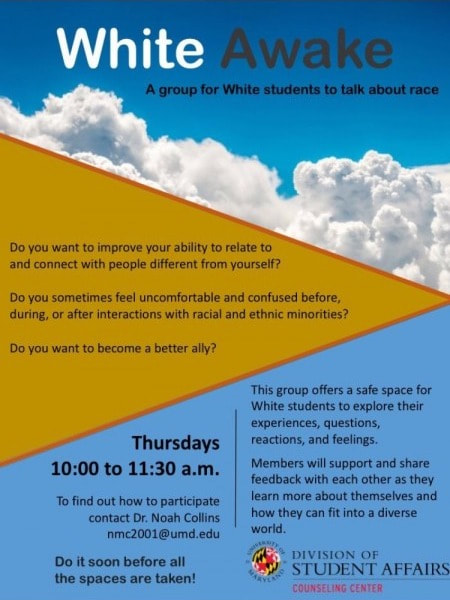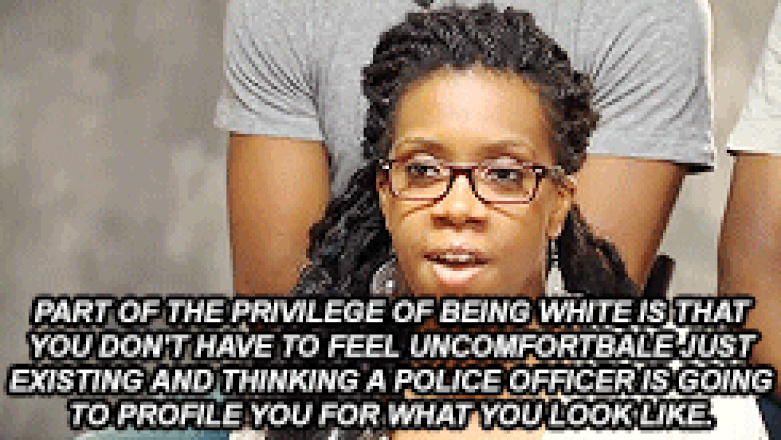|
I am a student at the University of Maryland, College Park (UMD) and last month a flyer circulated on campus for an event called “White Awake”. The flyer was distributed by UMD’s Counseling Center and Division of Student Affairs to advertise “A group for white students to talk about race”. The White Awake flyer was aimed at White UMD students who feel uncomfortable about confronting issues related to race. The flyer establishes that White Awake offers a “safe space for White students to explore their experiences, questions, reactions, and feelings” and that “Members will support and share feedback with each other as they learn more about themselves and how they can fit into a diverse world.” These statements on the flyer were also supplemented with questions that read as follows:
I believe it goes without saying that White Awake’s advertisement garnered a significant response from the UMD community. Many of my peers took to Twitter to share their thoughts about this initiative and to condemn what felt like a poorly-executed and ill-informed initiative. News of this group spread to local and national news and media outlets as well. The Daily Mail, Essence.com, and The Shade Room covered this story, resulting in a lot of negative press for UMD. Although opinions about the flyer’s messaging were aligned, I noticed that they varied with regard to the intention behind a group like White Awake. Significant questions loom with this topic: What are the best means for members of privileged classes to become allies and to uplift those that have been historically and systematically oppressed? How do members of these more privileged groups combat the discomfort they may feel in addressing topics related to race and social justice? Should the discomforts of the privileged be reconciled, to begin with? Should discussions about allyship always involve the input and voices of minorities? The UMD Counseling Center has since changed the group’s name to “Anti-Racism and Ally Building Group” and has acknowledged the errors made in its approach to establish White Awake. However, the group’s premise still stands to engage white students in dialogue about allyship and navigating oppression while being in a position of privilege. On the surface (with clarification about intention), a group like White Awake seems to promote justice. However, I take issue with having conversations about race and allyship, without the voices of racial minorities being present. I recognize the discomfort that White students may feel about race-related topics, but what about the discomforts that racial minorities feel? As a Black person, I have to confront the brutal realities of race, racism, and racial conditioning every day because they frame my existence. Discussions about race will feel uncomfortable because they are uncomfortable, as they should be. No person should take comfort in the face of injustice. I believe that dialogues about race should be candid and explicit in their merits. I do not believe that creating “safe spaces” for White students leaves much room for these dialogues to be candid, nor do I feel that it is an effective solution. Robust and educational conversations about race cannot meet their fullest potential without the presence of those most adversely affected by their racial identities. I have often heard from white peers that they feel uncomfortable participating in discussions about race because they do not want to offend anyone. My response to these explanations is that I recognize the discomfort, but its severity cannot be compared to the discomfort and fear that people of color face in their existence. By no means am I trying to invalidate the concerns and perspectives of White people in relation to race, but I am encouraging that White people confront their discomforts head-on so that they can flourish in their allyship. A significant aspect of being an ally is humbling oneself in order to promote and uplift the well-being of the oppressed. Unfortunately, this process requires one to make sacrifices, but they are necessary in creating a more just world. Written by Senam OkpattahSenam Okpattah is a Junior at the University of Maryland College Park. She is double majoring in Public Policy and African American Studies with a policy concentration. She interned for The Dinner Table Doc this summer and enjoyed her experience so much, that she decided to return for the fall semester!
0 Comments
Leave a Reply. |
Archives
May 2022
|



 RSS Feed
RSS Feed